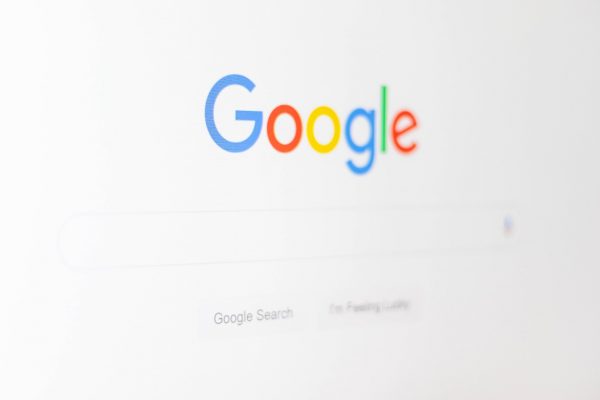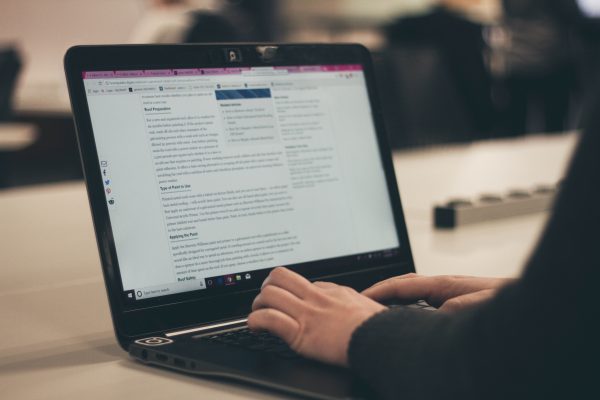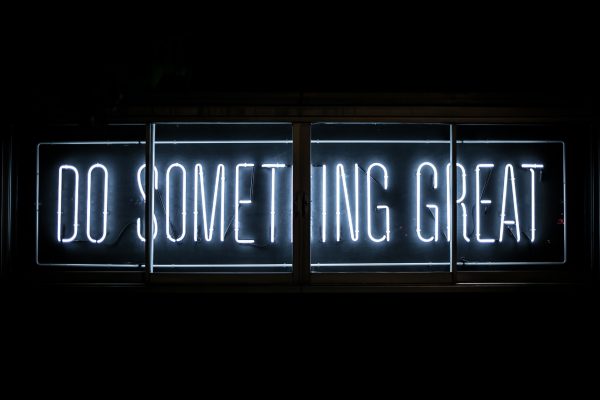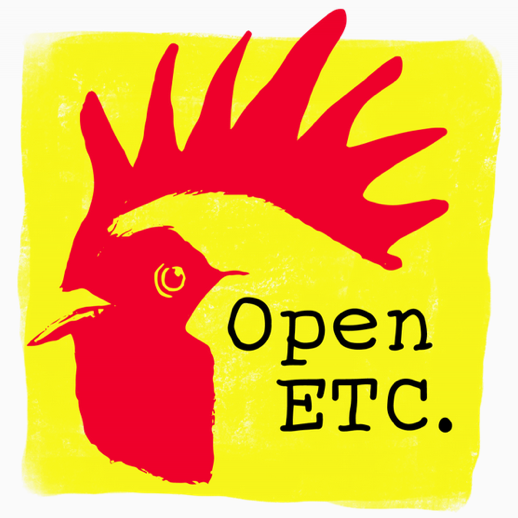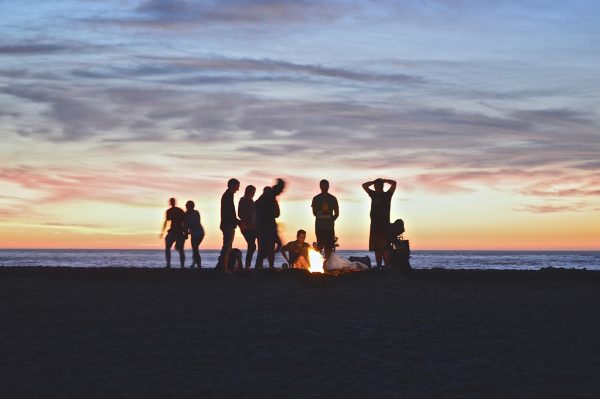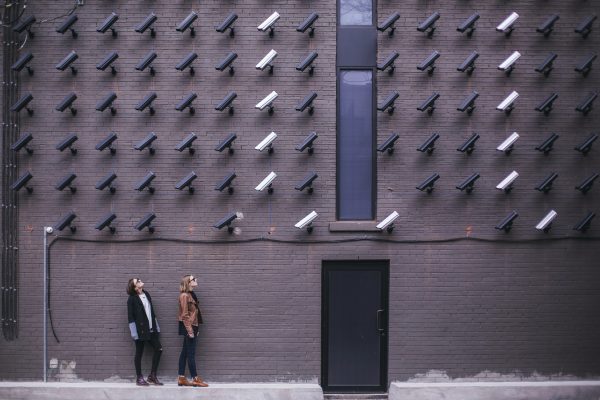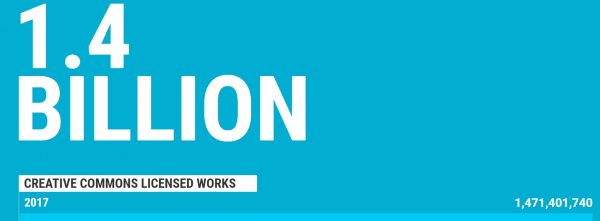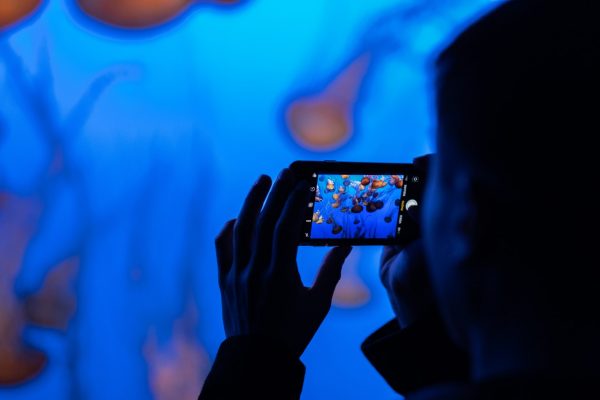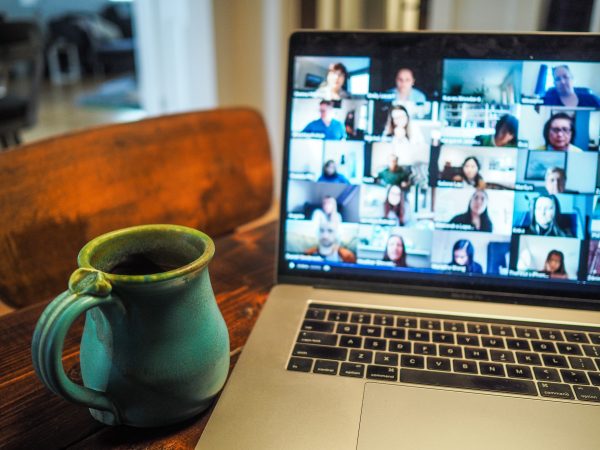Author EdTech Admin
In our class we make frequent use of Google Documents to collaborate with one another, collect information, or engage in brainstorms. Since not all of us have Google accounts or are interested in creating them, we make use of anonymous… Continue Reading →
Many students benefit from ensuring all content is fully accessible. Some of those students may have a disability and the way lessons are designed can act as a barrier to accessing content and to meaningful inclusion. British Columbia Framework for… Continue Reading →
There is no question that Google provides some very innovative tools for supporting content creation, collaboration, and presentation through their google suite (docs, sheets, slides, etc.) Google Classroom is the service offers to schools to organize these tools for educational… Continue Reading →
As you start gaining experience in finding your blog voice and reviewing blog posts of your peers, you might start to get a sense of what makes a good blog post. Take some time to review the blog feed of… Continue Reading →
Before you start with WordPress, you need to make some decisions. Please review all 6 steps below to decide on your approach. Decide if you are comfortable being online. If not, you can document your learning offline (with technology). For… Continue Reading →
For EDCI 336, we will be using the Open and Educational Technology Collective, hosted by a team of B.C. post-secondary education IT professionals on BCNet’s Educloud, so your data is stored not only in Canada, but within B.C. We have… Continue Reading →
About Jeff & PSII Jeff Hopkins is the founder and principal of the Pacific School of Innovation and Inquiry (PSII), located at 808 Douglas Street in Victoria, which is an independent high school (grades 9-12). The school is built entirely… Continue Reading →
Digital storytelling is a form of digital media production that allows individuals to tell a story with video. These may be in the form of personal monologues; stories of a place, person, event, or thing; reflections; documentaries; science fiction; poetry;… Continue Reading →
The Multimedia Learning Hypothesis Learning is effected when multiple representations of content is offered. Simply, using both words and pictures is more effective than providing words alone. Educators can adapt and use multimedia to enhance learning in a multitude of… Continue Reading →
Contributing to Social Media in the Context of FIPPA If while working, a teacher posts photos of their vacation on a social networking profile, it is unlikely those photos would be considered to be “in the custody or under the… Continue Reading →
open educational resources Legally reusable, adaptable, and useful educational content is available if you know where and how to look. Resources you make for your own practice may take many forms, and these links are just a little of what… Continue Reading →
Recording what you are doing on your computer screen has become fairly standard for many educators, this is called a screencast. For flipped classroom activities or to have a video recording of a lesson that students struggle with, giving them… Continue Reading →
Video has become an important resource for use in education. It is often integrated as part of traditional courses, serves as a resource for many blended courses, and may be the main information delivery mechanism in some fully… Continue Reading →
Accessibility to online resources is a fundamental element of creating and curation of online content. Since many individuals may have one or many barriers which act to impede their abilities, ensuring options for accessibility for all content is critical. Web… Continue Reading →
To assist you in finding resources that are not copyrighted, we encourage you to familiarize yourself with Creative Commons. Creative Commons is an initiative that provides licensing options that span between copyrighted and public domain. You can learn more about… Continue Reading →
The term Open Educational Resources (OER) includes educational content which is shared freely and openly to be used by anyone to adapt/ repurpose/improve under an open copyright licence in order to redistribute and share again The emergence of open educational resources (OER) in higher education is part of the much… Continue Reading →
Trevor Mackenzie is an English and New Media teacher at Oak Bay High School in Victoria, who has focused on inquiry as a framework for his teaching. We are fortunate to have him guest into our secondary sections of EDCI… Continue Reading →
K12 distributed learning (aka K12 online learning) has increased steadily over the past decade. A majority of districts, but not all, have their own distributed learning (DL) school. During the response to COVID-19, these programs became flooded with waitlists. Unfortunately,… Continue Reading →
You likely have heard of a number of terms to refer to different types of modality – and the number of terms are ever expanding: Face-to-face (F2F), blended, hybrid, flipped, e-learning, online, distributed, distance learning, virtual learning, remote teaching, multi-access,… Continue Reading →
Multimedia Learning Theory is concerned with HOW we learn. Information exists in multiple forms – text, images, sound, video… how does the media type impact how we receive, process, and retain information? How do they work when in combination (e.g,… Continue Reading →


